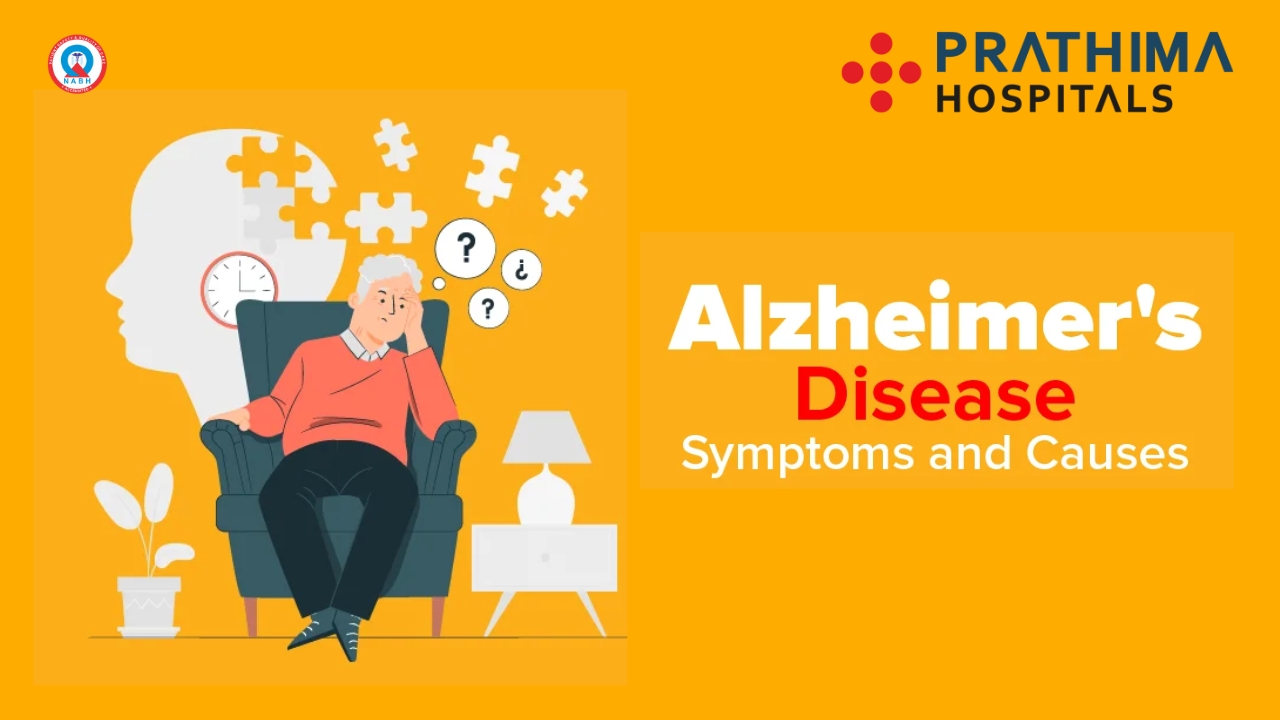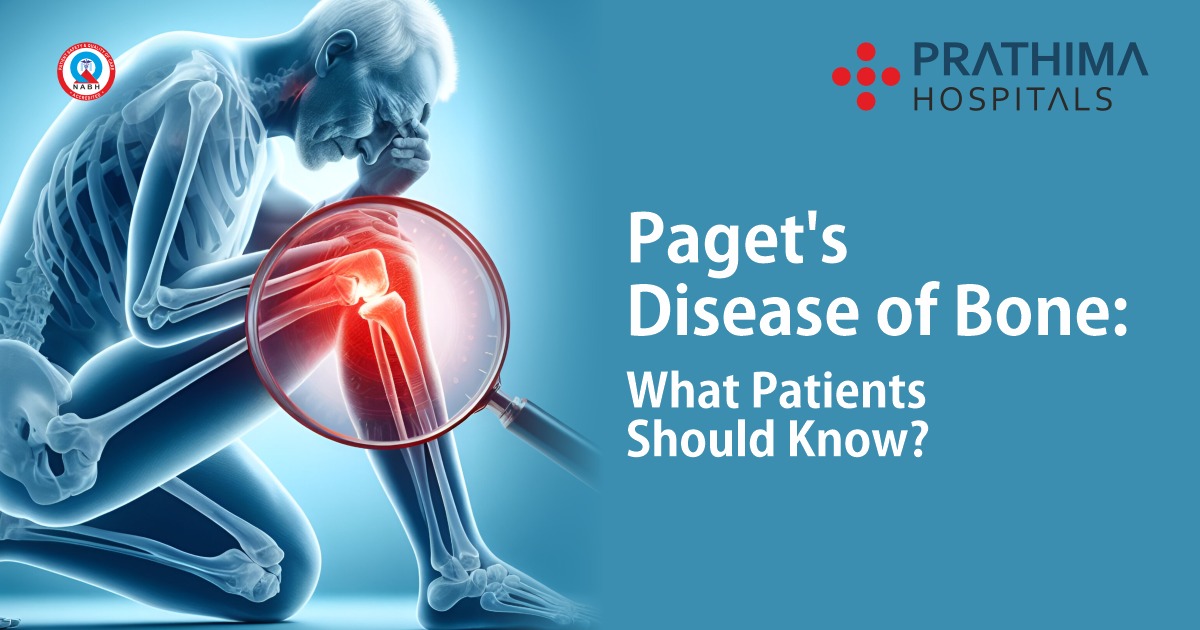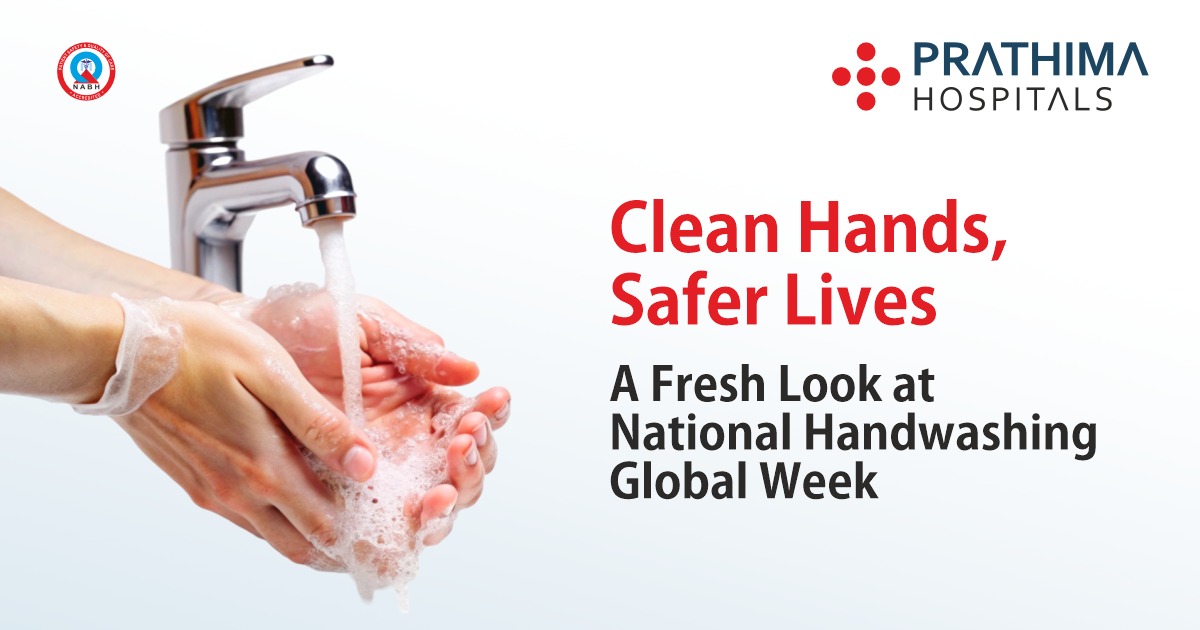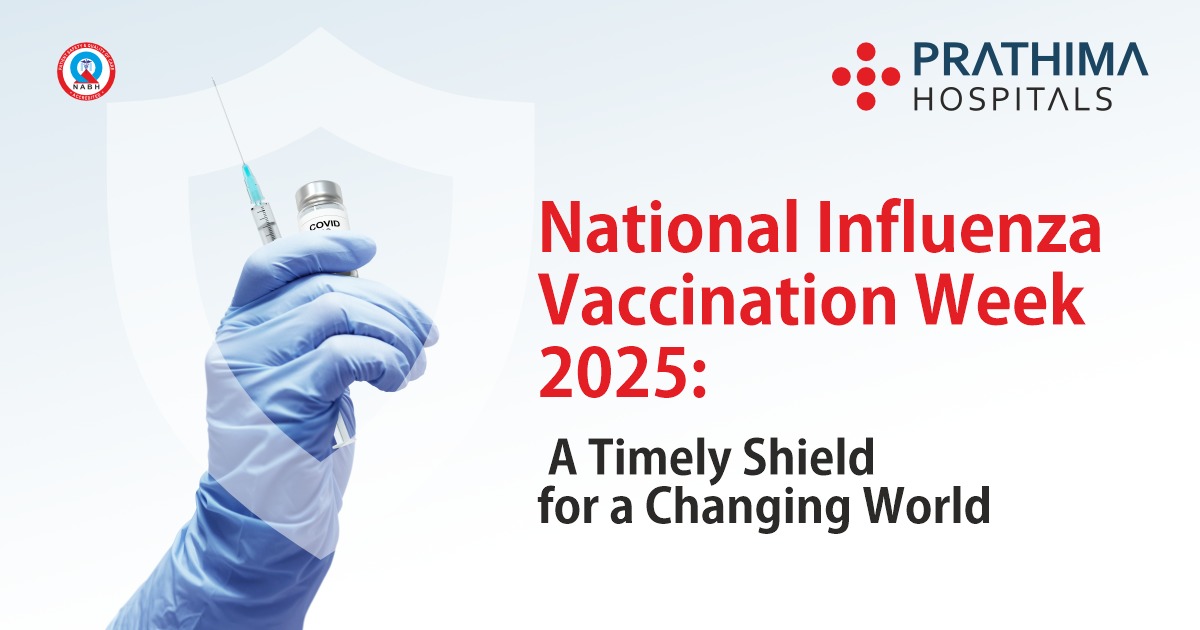Fading Memories, Endless Hope- A Patient’s Journey Through Alzheimer’s Disease

A Patient’s Journey Through Alzheimer’s Disease
Each of us carries a world of memories, childhood laughter, the scent of a loved one’s cooking, and the voice that comforts us when we’re afraid. But for someone living with Alzheimer’s disease, these memories slowly slip away, like sand through the fingers.
Alzheimers Disease Awareness reminds us that Alzheimer’s doesn’t just affect the brain; it affects the heart, the family, and the very identity of a person. Every year, World Alzheimer’s Day, observed on September 21, reminds us to come together as a community, to raise awareness, promote early diagnosis, and most importantly, to stand beside patients and caregivers who walk this difficult path every single day.
In 2025, the global theme, “Never Too Early, Never Too Late”, serves as a powerful message. It emphasizes that there’s always something we can do: to prevent, detect early, or support someone already living with Alzheimer’s. At Prathima Hospital, guided by the Best Neuro Physician in Hyderabad, the focus is on holistic, patient-centered care that preserves dignity, hope, and quality of life.
Alzheimer’s Disease: More Than Just Memory Loss
Alzheimer’s disease is the most common cause of dementia, a neurological condition that leads to progressive loss of memory, reasoning, and behavior. It develops slowly, beginning with small lapses in memory, confusion about time or place, and eventually, difficulty in performing everyday tasks.
In Alzheimer’s, abnormal deposits of proteins, amyloid plaques, and tau tangles, accumulate in the brain, disrupting communication between nerve cells. Over time, these changes cause brain cells to die, leading to the shrinkage of brain tissue.
Although the disease primarily affects people over 65, it can sometimes strike earlier, in one’s 40s or 50s. But whether it begins early or late, Alzheimer’s transforms the patient’s world and that of their loved ones.
Recognizing the Early Signs
Early diagnosis can make a huge difference in managing Alzheimer’s. Many families mistake early symptoms for normal aging, but subtle changes often signal something more serious.
Here are some warning signs to look out for:
- Forgetting recent information or repeatedly asking the same questions.
- Difficulty completing familiar tasks, like managing finances or cooking a meal.
- Confusion with time and place, losing track of days ,or getting lost in familiar surroundings.
- Trouble finding words or following conversations.
- Poor decision-making or misplacing items in unusual places.
- Withdrawal from social activities due to embarrassment or confusion.
- Sudden changes in mood or personality, including anxiety, suspicion, or depression.
If you notice these symptoms in yourself or a loved one, don’t ignore them. Visit a neurologist or memory specialist early. The Best Neurophysician in Kukatpally or Best Neurophysician in Kachiguda can help with Timely evaluation, which allows for better treatment planning, emotional preparation, and lifestyle adjustments that can slow the disease’s progression.
Alzheimers Disease Awareness
The Stages of Alzheimer’s: Understanding the Journey
Alzheimer’s progresses gradually, but its stages can help patients and families prepare for what lies ahead:
- Early (Mild) Stage: The person may live independently but forget names or appointments and struggle with planning or organization.
- Middle (Moderate) Stage: Memory loss worsens; personality and behavioral changes appear. The person may require help with dressing, eating, or remembering loved ones.
- Late (Severe) Stage: The patient loses awareness of surroundings, the ability to communicate, and control of bodily functions. Full-time care and medical assistance become essential.
At every stage, compassionate and patient-centered care can help maintain comfort, safety, and emotional connection.
Why Early Diagnosis Matters?
At Prathima Hospital, under the guidance of the Best Neuro Physician in Hyderabad, early detection is a priority – not just for treatment, but for emotional well-being. Identifying Alzheimer’s early allows:
- Begin medications that slow symptom progression.
- Plan for long-term care and safety.
- Reduce stress through counseling and caregiver training.
- Allow patients to participate in decisions about their future care.
With advances in medical technology, diagnostic tools like MRI, PET scans, and biomarker tests now make it possible to detect Alzheimer’s changes in the brain before severe symptoms appear.
The Human Side: Life with Alzheimer’s
Living with Alzheimer’s is not only about managing symptoms, it’s about preserving the person’s humanity and sense of purpose. Every patient is unique, and so is their journey.
Even as memory fades, emotions remain strong. Patients often respond to affection, familiar songs, or gentle touch. Simple activities such as listening to old music, gardening, painting, or watching family videos can rekindle joy and connection.
For families, understanding the patient’s emotions, their fear, confusion, and occasional frustration , helps build patience and empathy. As one caregiver beautifully said, “My mother may forget my name, but she never forgets the way I make her feel.”
Causes and Risk Factors
The exact cause of Alzheimer’s remains unknown, but a mix of genetic, lifestyle, and environmental factors play a role. Major risk factors include:
- Advancing age
- Family history or genetic predisposition
- Head injuries
- Uncontrolled diabetes, hypertension, or high cholesterol
- Smoking and alcohol consumption
- Lack of physical and mental activity
The hopeful truth is, lifestyle modifications can lower the risk or delay the onset. It’s never too early to start protecting your brain health.
Prevention: Building a Brain-Healthy Lifestyle
Doctors and neuroscientists agree that what’s good for your heart is also good for your brain. Here are steps that patients and families can take:
- Stay Active: Exercise boosts blood flow to the brain and reduces the risk of cognitive decline.
- Eat Smart: Adopt a Mediterranean diet rich in fruits, leafy vegetables, nuts, whole grains, and fish.
- Challenge the Brain: Engage in puzzles, reading, learning new skills, or even dancing , activities that stimulate neurons.
- Socialize: Staying connected with friends and community helps reduce loneliness and depression, which can worsen cognitive decline.
- Sleep Well: Poor sleep and untreated sleep apnea are linked with increased Alzheimer’s risk.
- Manage Stress: Practice yoga, meditation, or mindfulness. Stress hormones can affect memory and brain health.
- Routine Health Checks: Managing diabetes, cholesterol, and blood pressure helps maintain brain function.
It’s never too late to adopt these habits; even small changes can protect brain cells and improve overall well-being.
Treatment and Care at the Patient Level
While there is no cure for Alzheimer’s yet, current treatments can improve quality of life and manage symptoms. Medications like donepezil, rivastigmine, galantamine, and memantine help stabilize memory and cognition.
New research is also promising; drugs targeting amyloid plaques, such as lecanemab and donanemab, are showing encouraging results in slowing disease progression.
But beyond medicine, care makes the biggest difference. At patient-centered hospitals like Prathima, care extends beyond prescriptions. A team of neurologists, psychologists, nutritionists, physiotherapists, and social workers work together to design personalized care plans that focus on comfort, safety, and emotional support.
Therapies like music therapy, occupational therapy, cognitive exercises, and reminiscence sessions help patients maintain their independence and self-esteem for as long as possible.
Supporting the Caregivers: The Silent Strength
Behind every Alzheimer’s patient is a caregiver , a spouse, child, or sibling , whose love fuels the journey. But caregiving can be emotionally draining and physically exhausting. Constant supervision, unpredictable behavior, and sleepless nights often lead to burnout, depression, and isolation.
Hospitals like Prathima emphasize caregiver support programs — offering training on managing symptoms, guidance on communication, and emotional counseling. Support groups provide caregivers with a safe space to share their struggles and find comfort in knowing they’re not alone.
A caregiver’s health is as important as the patient’s. When caregivers are supported, the quality of care improves, and patients feel more secure and loved.
Alzheimer’s is Not Just Old Age
In many communities, memory loss is brushed off as “just aging.” This misconception delays diagnosis and prevents families from seeking help. Alzheimer’s is a medical condition, not a normal part of growing old, and the earlier we recognize that, the better we can manage it.
By talking openly about dementia, sharing patient stories, and spreading accurate information, we can replace stigma with understanding. Compassionate communication and community awareness are the first steps toward building dementia-friendly environments , where patients feel safe, accepted, and valued.
The Promise of Research and the Power of Hope
The global scientific community is working tirelessly to unlock the mysteries of Alzheimer’s. From gene therapy to stem cell research and AI-based brain imaging, each discovery brings us closer to prevention and cure.
While the cure may still be on the horizon, hope is already here , in the form of improved diagnostics, supportive care, and a society that’s finally beginning to understand what it means to live with Alzheimer’s.
Every patient, every caregiver, and every hospital that stands by them is part of this ongoing fight against forgetting.
Remembering to Care
Alzheimer’s disease may take away memories, but it cannot take away love, compassion, or the human spirit. This World Alzheimer’s Day 2025, let us stand together to promote Alzheimers Disease Awareness, seek timely medical help from the Best Neurophysician in Kukatpally, Best Neurophysician in Kachiguda, or the Best Neuro Physician in Hyderabad, and support caregivers who give their all every day.
At Prathima Hospital, we believe that caring for Alzheimer’s patients is not just about treating a disease; it’s about preserving identity, nurturing hope, and supporting families through every stage of the journey.
This World Alzheimer’s Day 2025, let’s promise to be more aware, more compassionate, and more proactive. Because when we care for those who forget, we remember what truly makes us human.
Let’s never forget to care; it’s never too early, and it’s never too late.





